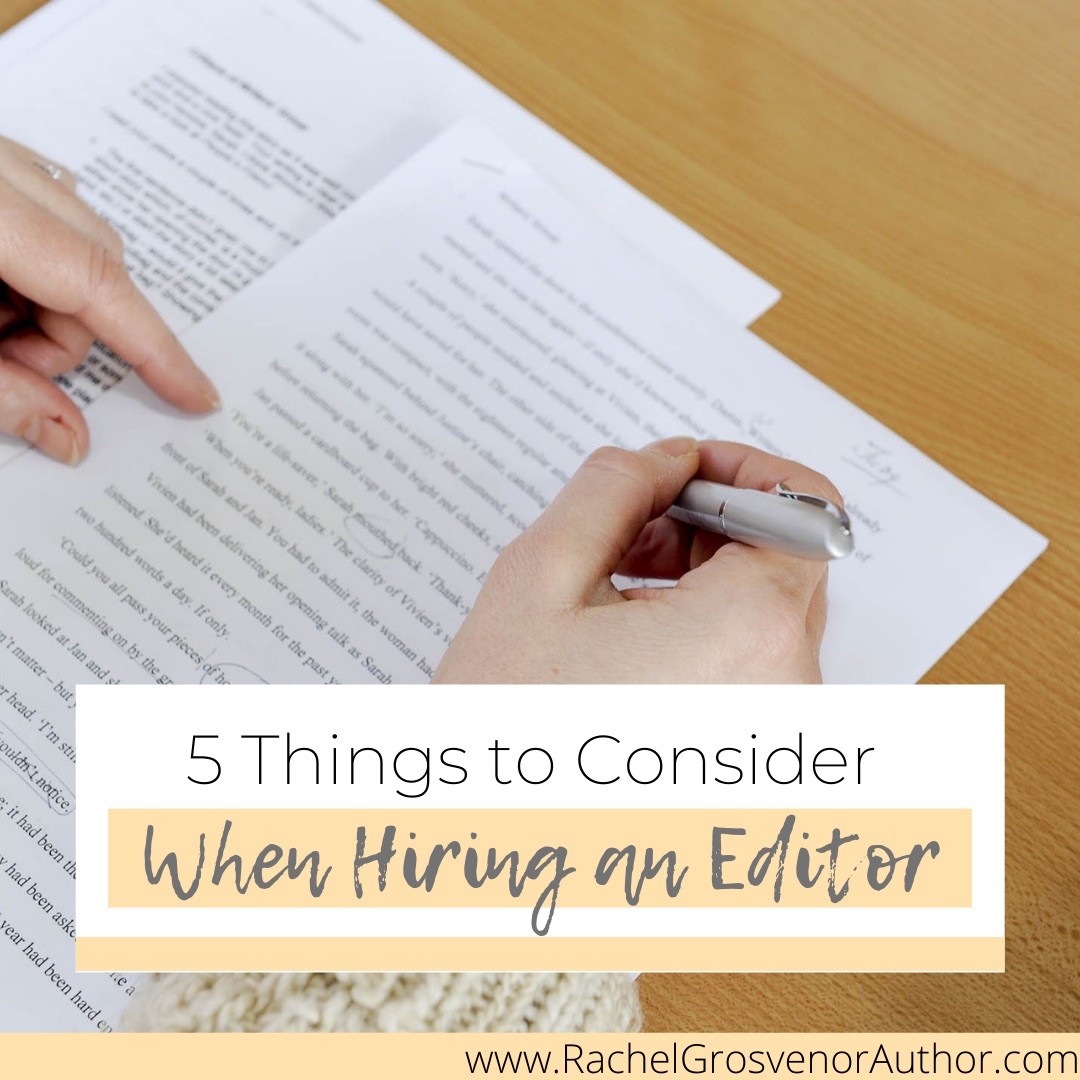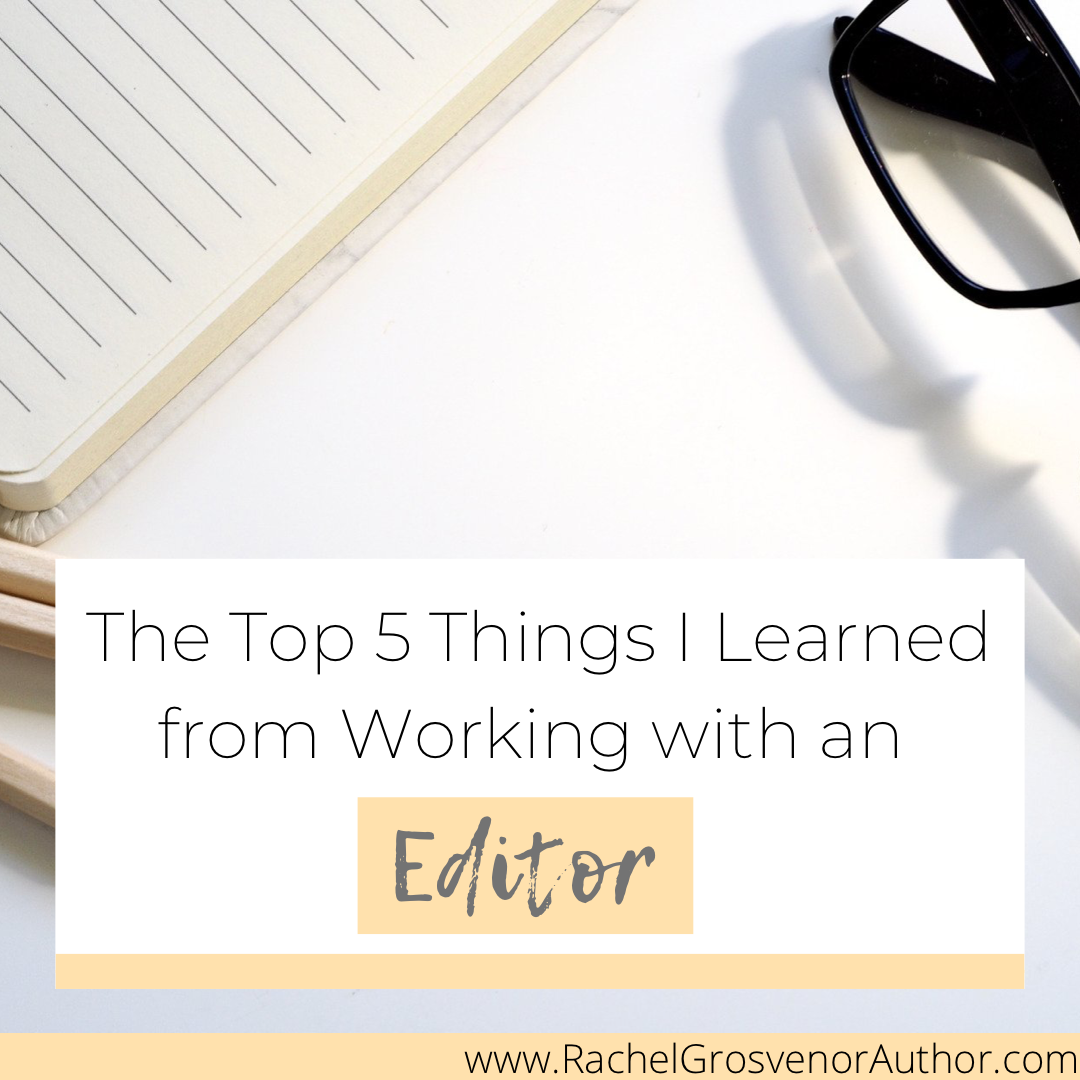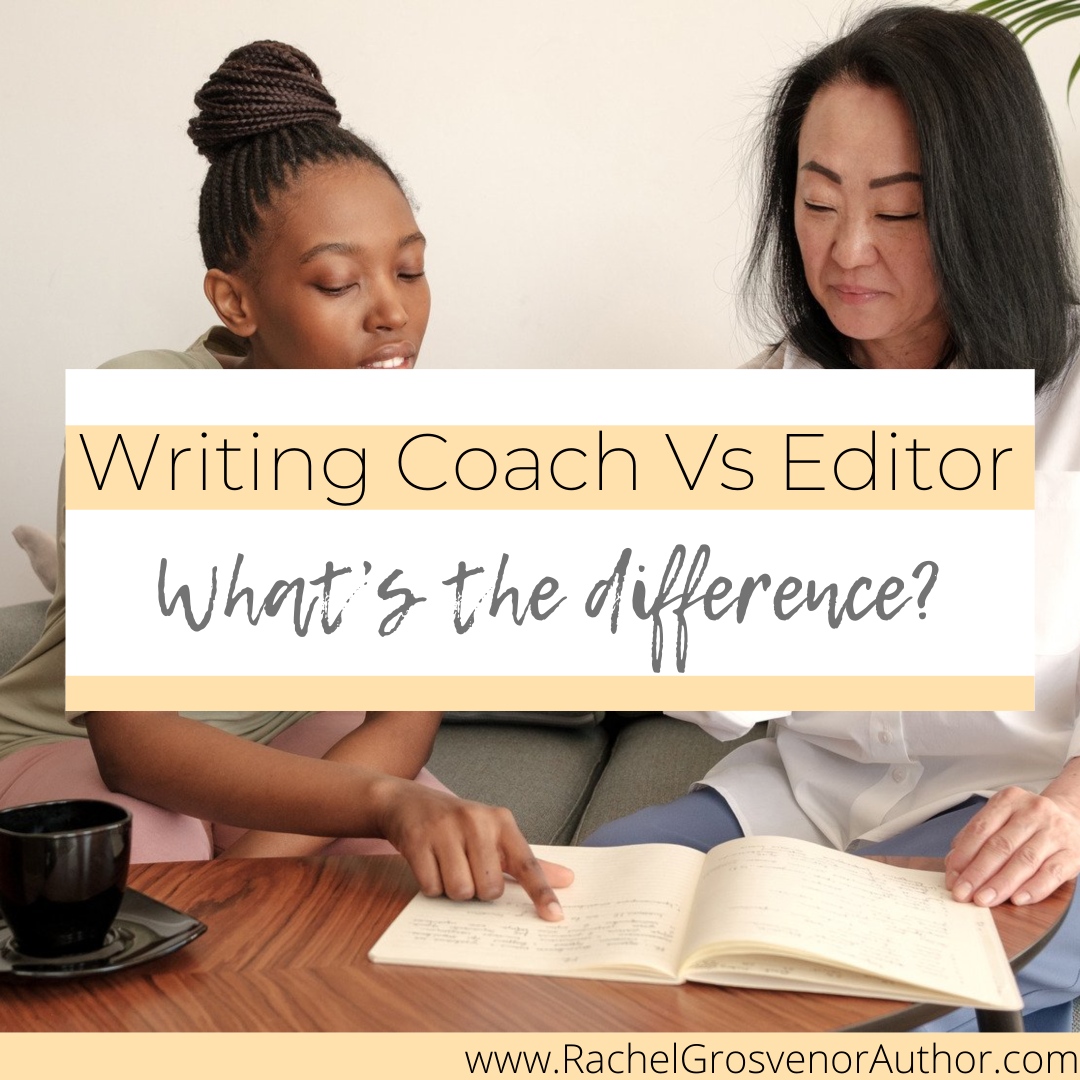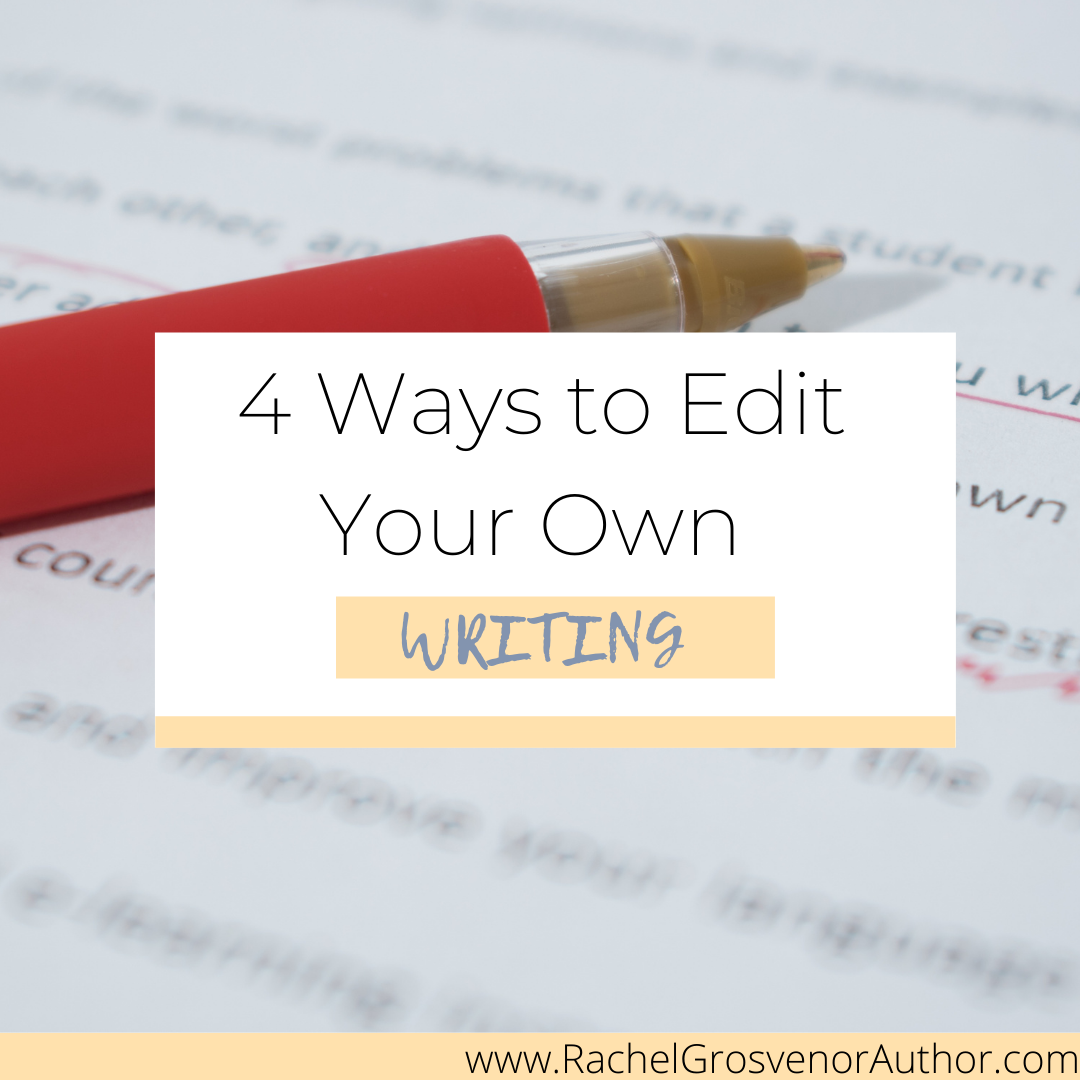Are you ready to hire an editor? Good question! When should you approach an editor, and how do you know you are ready? Well, here are some things to bear in mind:
1) What kind of edit do you need?
There are different types of editing available.
A developmental edit takes into account narrative, characterisation, consistency, plot, world-building, and more. If you have finished the first draft, I recommend reading through it and making any changes before sending it off to an editor for a developmental edit.
A copy edit is when the work is reviewed and edited to improve its readability, ensure consistent writing, and take into account grammar, punctuation, and more. This is usually done after the work has been through a developmental edit and a few drafts in – almost ready for publication.
Proofreading is the last step! This checks for spelling, punctuation errors, missing words, typos, and those pesky things the human eye misses easily.
2) Do you know when you’ll need an editor?
Editors usually book in advance because edits can take time. If you aim to have your novel finished by a certain time, bear in mind that you should contact editors ahead of this date to see what time they have available.
3) What kind of work does the editor prefer?
Most editors have different preferences on their website, whether they only work with non-fiction, have a penchant for romance, or love YA fantasy. Peruse their website and consider what they prefer. Why? Because this usually gives you a hint at what they are most experienced in editing and reading. If they spend hours reading fantasy in their spare time, they will understand the tropes of your fantasy novel better than someone who has never read anything fantastical!
4) What is their experience?
You should be able to tell what an editor’s experience is from their website. For example, do they have testimonials of happy clients, and what is their editing education? If there are neither of these things, it’s worth asking. This is because you want to ensure you have a great experience with someone who is trained, has the skillset to provide you with the service, and has previously worked well with other authors.
5) What is your budget?
Editors are not cheap, and there is a reason for this. Editing is a big job that takes many hours and a high level of concentration. It also requires a particular skill level that your editor will have worked on for a long time. However, most editors are happy to discuss payment plans and ways you can afford their services. Never be afraid to ask them, because you might just be surprised!
If you have any questions about editing, feel free to get in touch and ask me. To learn more about the editing packages I offer, click on the editing page on my website! As a writer with a PhD, MA and BA in Creative Writing and a previous CW lecturer, I’ve done my fair share of high-level fiction editing, and have very happy testimonials. Get in touch today for dates, questions, and information. I’m always happy to chat!









